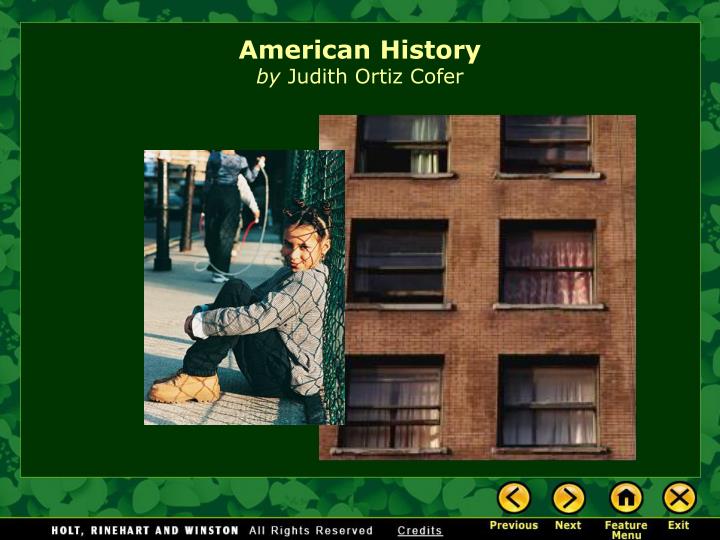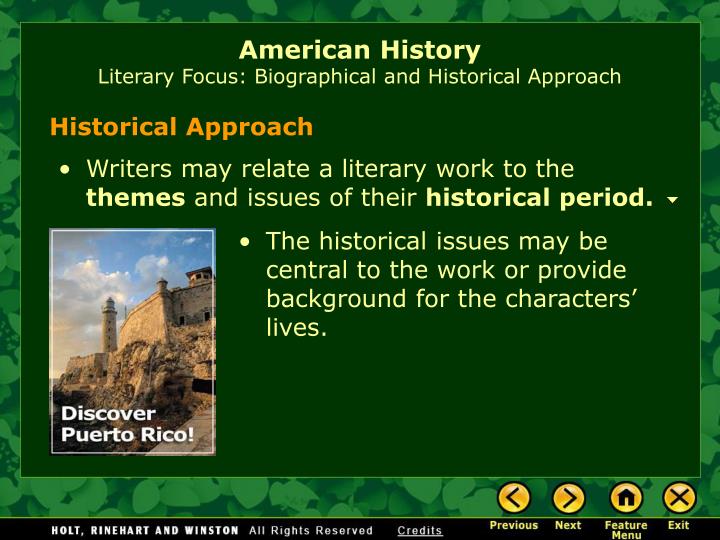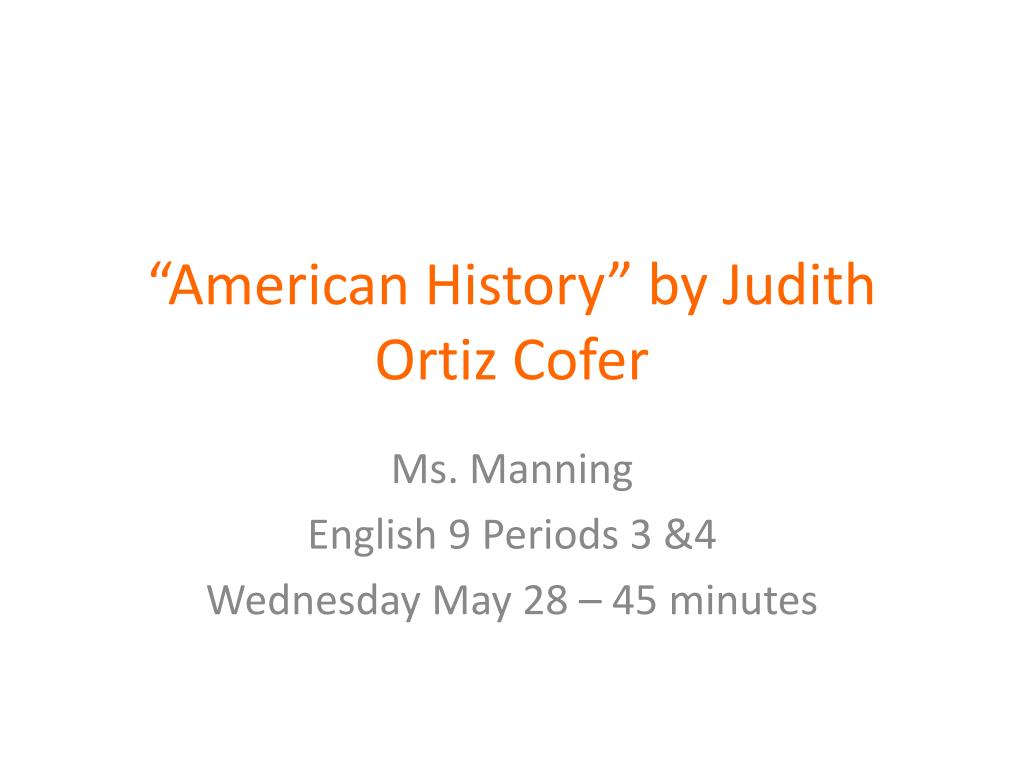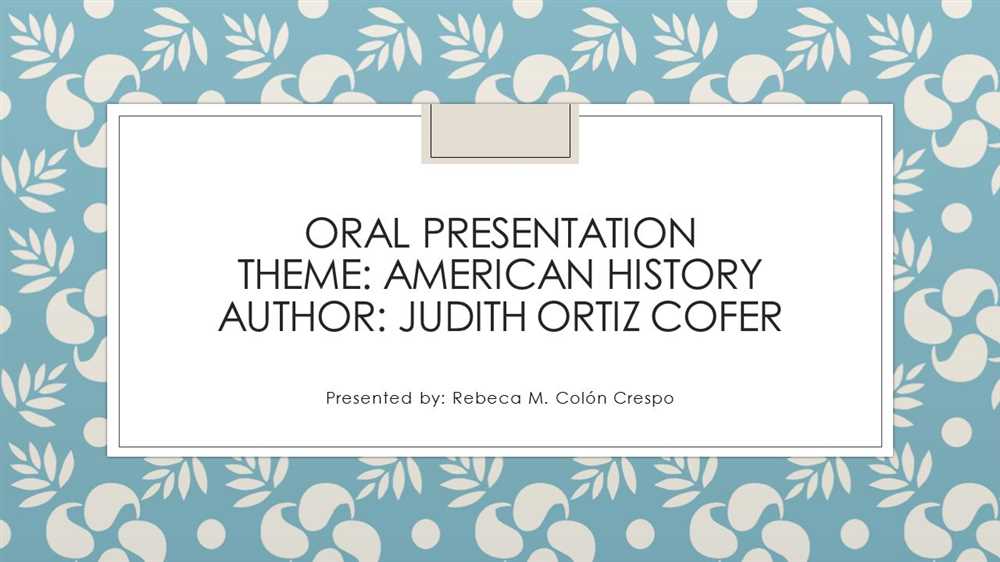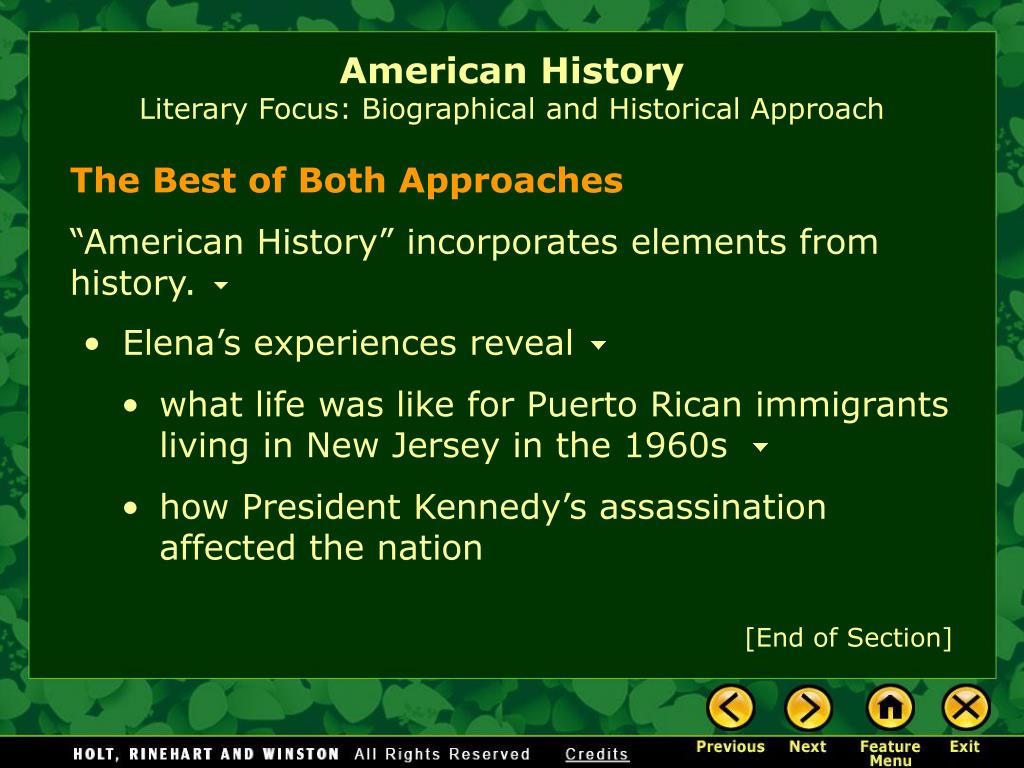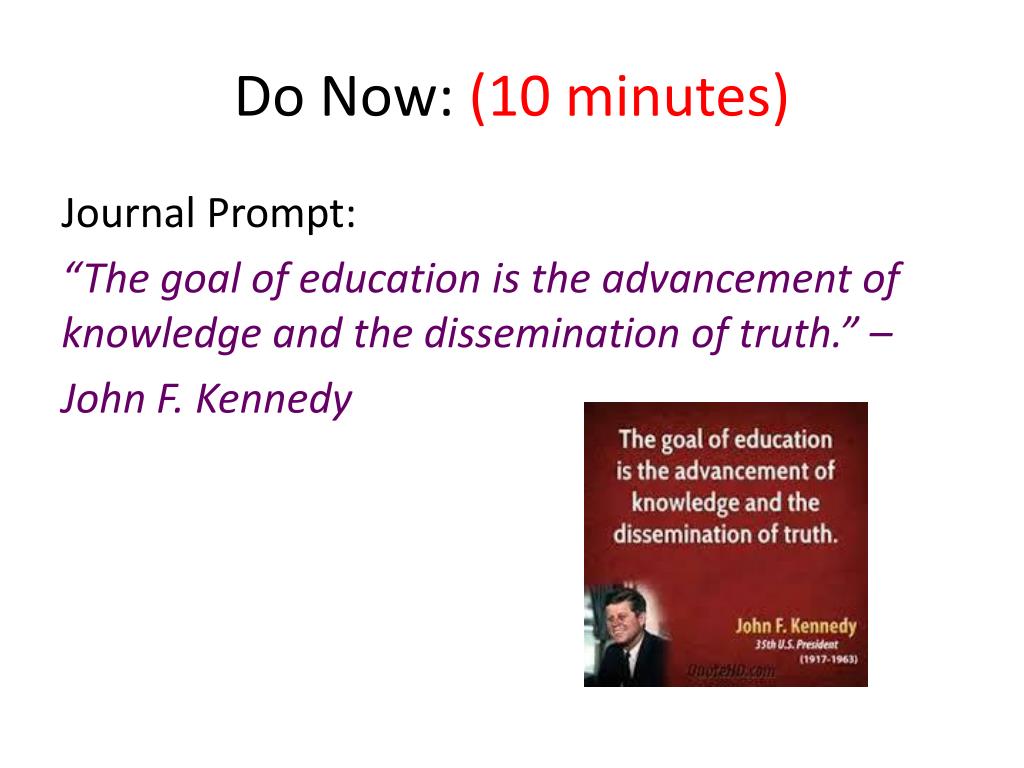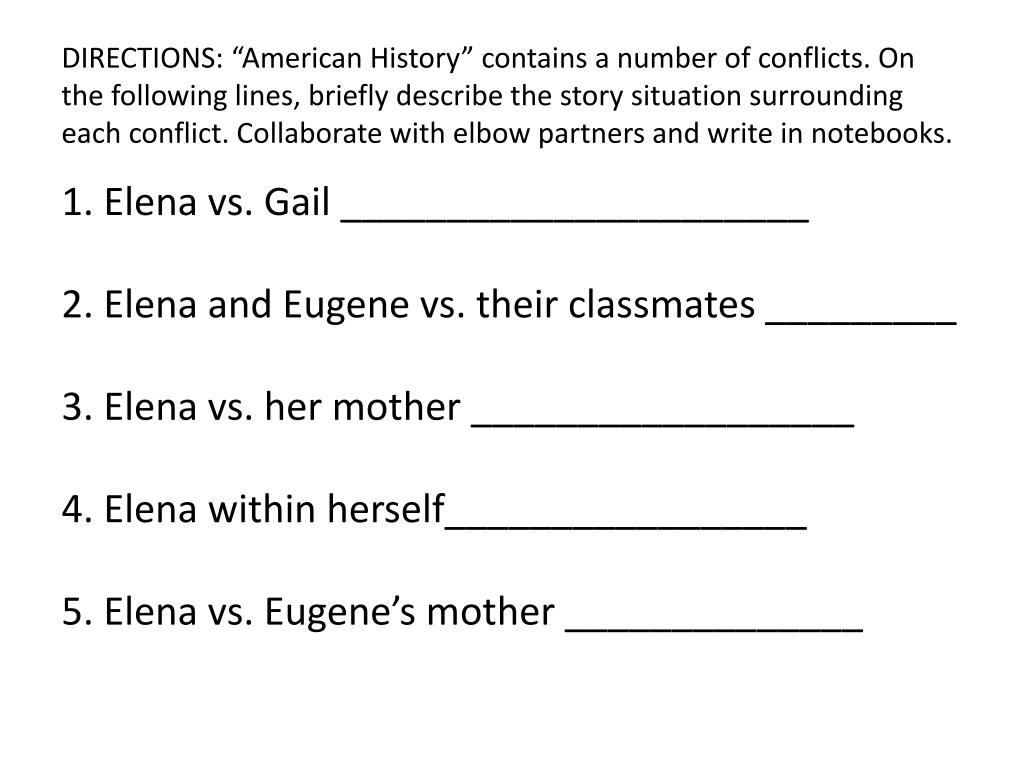American History By Judith Ortiz Cofer Analysis
Ever read a story that makes you cringe, laugh, and want to give someone a hug all at the same time? Judith Ortiz Cofer's "American History" is exactly that kind of story!
It throws us back to a chilly November day in 1963, the day President Kennedy was assassinated. But this isn’t a story about politics; it’s about a young girl's painfully awkward first crush and a missed opportunity.
The Year Everything Changed
Imagine being Elena, a Puerto Rican girl living in a tenement in Paterson, New Jersey. She's obsessed with Eugene, the new kid who's super smart and lives in the only house with a yard on the block. Talk about unattainable!
Elena spends hours watching him through the fire escape, dreaming of… well, teenage dreams. She sees him as a beacon of hope, an escape from her own sometimes chaotic life. It's sweet, if a little stalker-ish (but hey, we've all been there, right?).
The day Kennedy dies, Elena is heartbroken, like the rest of the nation. But she's also got a date planned! Eugene has invited her over to study. Her parents, reeling from the news, almost forget about it.
A Crushing Blow
She imagines herself acing her exams with Eugene. Imagine two smart kids, just having fun and learning about America! She rushes to his house, full of excitement and nervous anticipation.
But then, bam! Eugene’s mom crushes her dreams. She delivers a line so cold it could freeze the entire tenement: "You people are not the same." Ouch!
That line stings. It isn't just a rejection; it’s a brutal reminder of the prejudice and social barriers Elena faces. Her dreams of romance and acceptance shatter into a million tiny pieces. Poor Elena!
The Weight of History
Here's the genius part: Cofer weaves the personal and the political together seamlessly. The assassination of Kennedy, a monumental event in American history, becomes intertwined with Elena's personal tragedy.
Kennedy's death is a national loss, but for Elena, it's compounded by the loss of her innocence and her naive belief in the American dream. A dream that feels very far away at that moment.
The story isn't really about Kennedy at all. It is about the more silent history that is happening to kids all the time. It is about growing up and realizing what you can never get back.
More Than Just a Love Story
"American History" is so much more than just a tale of puppy love gone wrong. It's a poignant exploration of identity, class, and the immigrant experience. It is also about racism and prejudice.
Cofer brilliantly captures the feeling of being an outsider, of longing to belong, and of the harsh realities that often shatter our youthful illusions. It's a story that resonates with anyone who's ever felt like they didn't quite fit in.
Think about it: Elena isn't just dealing with a broken heart; she's grappling with societal expectations and the weight of history. It's a heavy burden for a young girl to carry.
So, next time you read "American History," remember it's not just a sad story. It's a reminder that history isn't just about presidents and wars; it's about the everyday struggles and triumphs of ordinary people, like Elena, trying to find their place in the world.
And maybe, just maybe, it’ll make you think twice about the assumptions we make and the words we use. Because sometimes, a single sentence can change someone's life forever.
